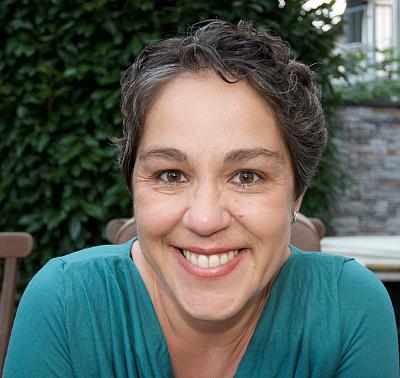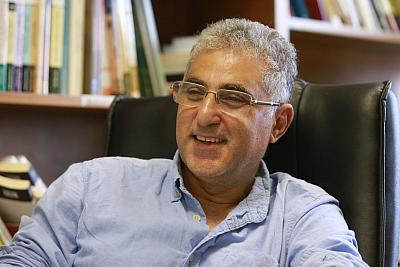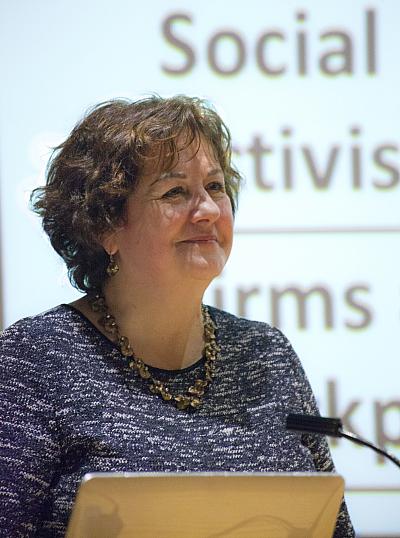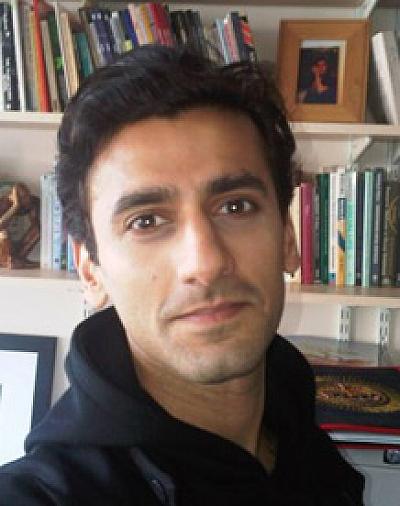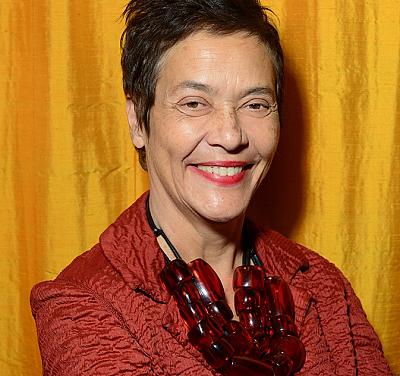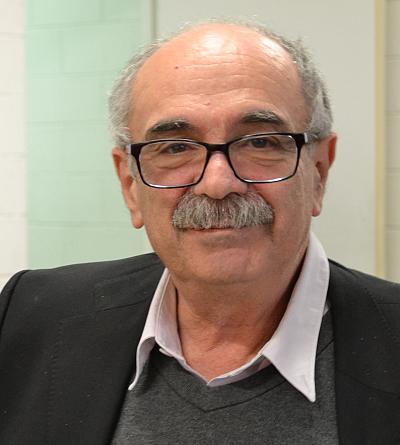Plenary Speakers
Manuela Boatcă, Institute for Sociology, University of Freiburg, Germany
Manuela Boatcă is Professor of Sociology with a focus on macrosociology at the Albert-Ludwigs-University Freiburg, Germany. She was Visiting Professor at IUPERJ, Rio de Janeiro in 2007/08 and Professor of Sociology of Global Inequalities at the Latin American Institute of the Freie Universität Berlin from 2012 to 2015. Her work on world-systems analysis, postcolonial and decolonial perspectives, gender in modernity/coloniality and the geopolitics of knowledge in Eastern Europe and Latin America has appeared in the Journal of World-Systems Research, Cultural Studies, South Atlantic Quarterly, Political Power and Social Theory, Social Identities, Berliner Journal für Soziologie, Österreichische Zeitschrift für Soziologie, Zeitschrift für Weltgeschichte, and Theory, Culture and Society. She is author of Global Inequalities beyond Occidentalism, Routledge 2016 and co-editor (with E. Gutiérrez Rodríguez and S. Costa) of Decolonizing European Sociology. Transdisciplinary Approaches, Ashgate 2010 and of Global Inequalities in World-Systems Perspective (with A. Komlosy and H.-H. Nolte), Routledge 2017.
Sari Hanafi, American University of Beirut, Lebanon
Sari Hanafi is currently a Professor of Sociology at the American University of Beirut and editor of Idafat: the Arab Journal of Sociology. He is the President of the International Sociological Association. Recently he created the “Portal for Social impact of scientific research in/on the Arab World” (Athar). He has also served as a visiting professor at the University of Poitiers and Migrintern, University of Bologna and Ravenna, and CMI (Bergen). He is the author of numerous journal articles and book chapters on the sociology of religion, sociology of (forced) migration; politics of scientific research; civil society, elite formation and transitional justice. Among his recent books are: Knowledge Production in the Arab World: The Impossible Promise (with R. Arvanitis); From Relief and Works to Human Development: UNRWA and Palestinian Refugees after 60 Years (co-edited); The Power of Inclusive Exclusion: Anatomy of Israeli Rule in The Occupied Palestinian Territories (edited with A. Ophir & M. Givoni, 2009).
Michèle Lamont, Harvard University, USA
(Photo credit: Dave Nelson, Cornell University)
Michèle Lamont is Professor of Sociology and of African and African American Studies and the Robert I. Goldman Professor of European Studies at Harvard University. She served as the 108th President of the American Sociological Association in 2016-2017 and she chaired the Council for European Studies from 2006-2009. She is also the recipient of the 2017 Erasmus prize for her contributions to the social sciences in Europe and the rest of the world. A cultural and comparative sociologist, Lamont is the author of a dozen books and edited volumes and over one hundred articles and chapters on a range of topics including culture and inequality, racism and stigma, academia and knowledge, social change and successful societies, and qualitative methods. Lamont is Director of the Weatherhead Center for International Affairs, Harvard University; and Co-director of the Successful Societies Program, Canadian Institute for Advanced Research.
Nasar Meer, School of Social and Political Sciences, University of Edinburgh, UK
Nasar Meer is Professor of Race, Identity and Citizenship in the School of Social and Political Sciences at the University of Edinburgh. He is the Principle Investigator of the JPI ERA Net / Horizon 2020 GLIMER project, examining the governance and local integration of migrants and Europe’s refugees, and Editor in Chief of the Identities: Global Studies in Culture and Power. His publications include: Islam and Modernity (4 Volumes) (ed, 2017); Interculturalism and multiculturalism: Debating the dividing lines (co-ed, 2016); Citizenship, Identity and the Politics of Multiculturalism: The rise of Muslim consciousness (2015, 2nd Edition); Racialization and religion (ed, 2014), Race and Ethnicity (2014) and European Multiculturalism(s) (co-edited, 2012). In 2016 he was awarded the Royal Society of Edinburgh (RSE) Thomas Reid Medal for excellence in the social sciences, and in 2017 he was elected as a Fellow of the Academy of Social Sciences.
Françoise Vergès, Paris, France
Françoise Vergès is an independent scholar. Originally from Reunion Island where she was a member of postcolonial/anticolonial groups, she arrived in France in the 1970s where she was an antiracist activist and worked as a feminist journalist and editor. She went to the USA in 1983 where she worked before getting her PhD in Political Theory at University of California Berkeley (1995). She has taught at Sussex University and Goldsmiths College and was Chair "Global South(s)" at the Maison des sciences de l’homme, Paris (2014-2018). She has written on memories of colonial slavery, anti-imperialism, decolonial feminism, Aimé Césaire and Frantz Fanon, racial capitalism and racial Capitalocene. Author of films on Maryse Condé and Aimé Césaire, she works with artists and activists. She is the president of the association Decolonizing the Arts in France for which she co-organizes a monthly seminar. Her last book (forthcoming in English in 2020) is Un féminisme décolonial, Paris, 2019.
Michel Wieviorka, Ecole des Hautes Etudes en Sciences Sociales, President of the Fondation Maison des Sciences de l’Homme (FMSH), France
Michel Wieviorka, Professor at the Ecole des Hautes Etudes en Sciences Sociales, is the President of the Fondation Maison des Sciences de l’Homme (FMSH). From 2006 to 2010, he was President of the International Association of Sociology AIS / ISA, where he created the encyclopedia on line Sociopedia, and has been a member of the ERC (European Research Council) Scientific Council since 2014. He heads SOCIO (with Laetitia Atlani-Duault), which he launched in 2013. His research has focused on conflict, terrorism and violence, racism, anti-Semitism, social movements, democracy and the phenomena of cultural difference. His more recent books include Evil (Polity Press), Retour au sens (éd. Robert Laffont), Antiracistes (éd. Robert Laffont), Face au mal (éd. Textuel). He is currently leading an international and multidisciplinary scientific program on violence and exiting violence.
